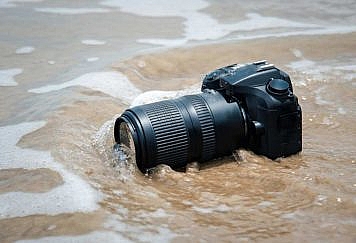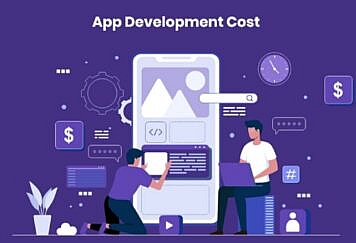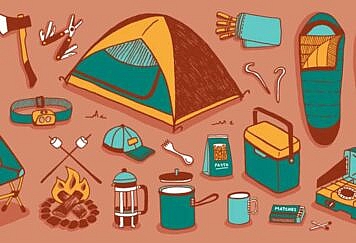While students across the length and breadth of the UK may currently find themselves in the grip of another lockdown, some are continuing to benefit from a small piece of technology handed to them just before Easter last year.
More specifically, one million UK school kids have been handed a mini-piece of technology referred to as a BBC micro:bit, which is a fascinating innovation with a wide range of applications.
But what exactly is a BBC micro:bit, and what exactly can you do with it from an educational perspective?
What is a BBC Micro:Bit?
In simple terms, a BBC micro:bit is a small and wearable piece of technology that can be programmed to do a number of neat and innovative things.
In this respect, this BBC-funded innovation serves as a compact, pocket-sized computer, and one that has the capacity to teach basic coding and programming skills to kids across a diverse selection of age ranges.
Interestingly, the device follows on from the BBC micro, which was actually rolled out way back in the 1980s and helped to introduce the UK to the notion of basic computing!
Of course, the BBC micro:bit can theoretically be used to teach basic programming and coding skills to people of all ages, but it undoubtedly has incredible potential as an entry-level innovation and one that’s helping to revolutionize secondary education in particular.
What are its Primary Functions?
The device features 25 LED lights and a total of two programmable buttons, which can be used either in-app or to skip through tracks on a playlist.
You’ll also find that the device comes with a battery holder, a USB connection, and a cable, so setting up and using the micro:bit is incredibly quick and easy.
On a fundamental level, the BBC micro:bit can be used to perform a number of simple tasks, from tracking your fitness and physical performance (across a number of activities) or serving as a games console.
It can also be deployed as a simple digital watch, making it a multi-functional device that should hold appeal to a broad range of users.
What is the Educational merit of the Device?
Clearly, these applications have to be programmed by the user, enabling students to gain entry-level coding skills and formally acclimatize themselves with the basic principles of computer programming.
When creating a digital watch or brooch, for example, you can also display the time while simultaneously programming your own design on the face.
Evermore interestingly, you can use the BBC micro: bit to recreate retro mobile games such as Snake, or bring your very own ideas and creations to like.
Each of these applications has broad and important educational merit, particularly as schools look to reach relevant and actionable skills to the next generation of functioning adults.
Follow TechStrange for Technology, Business, and Digital Marketing News. Tech write for us for more Tech News.





